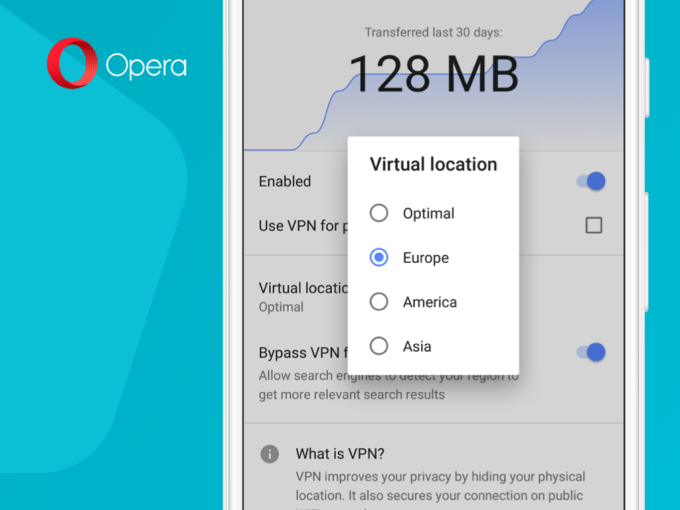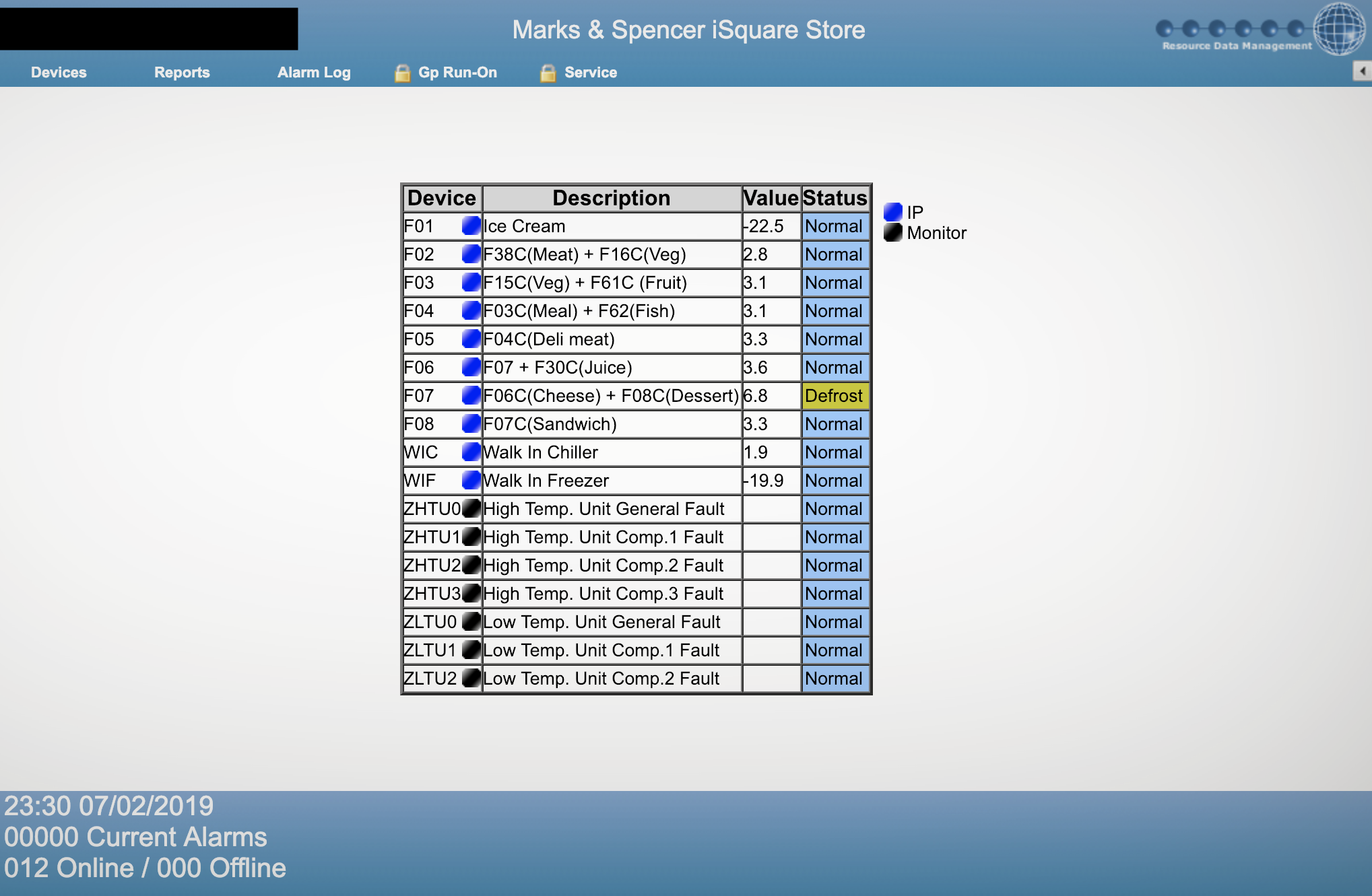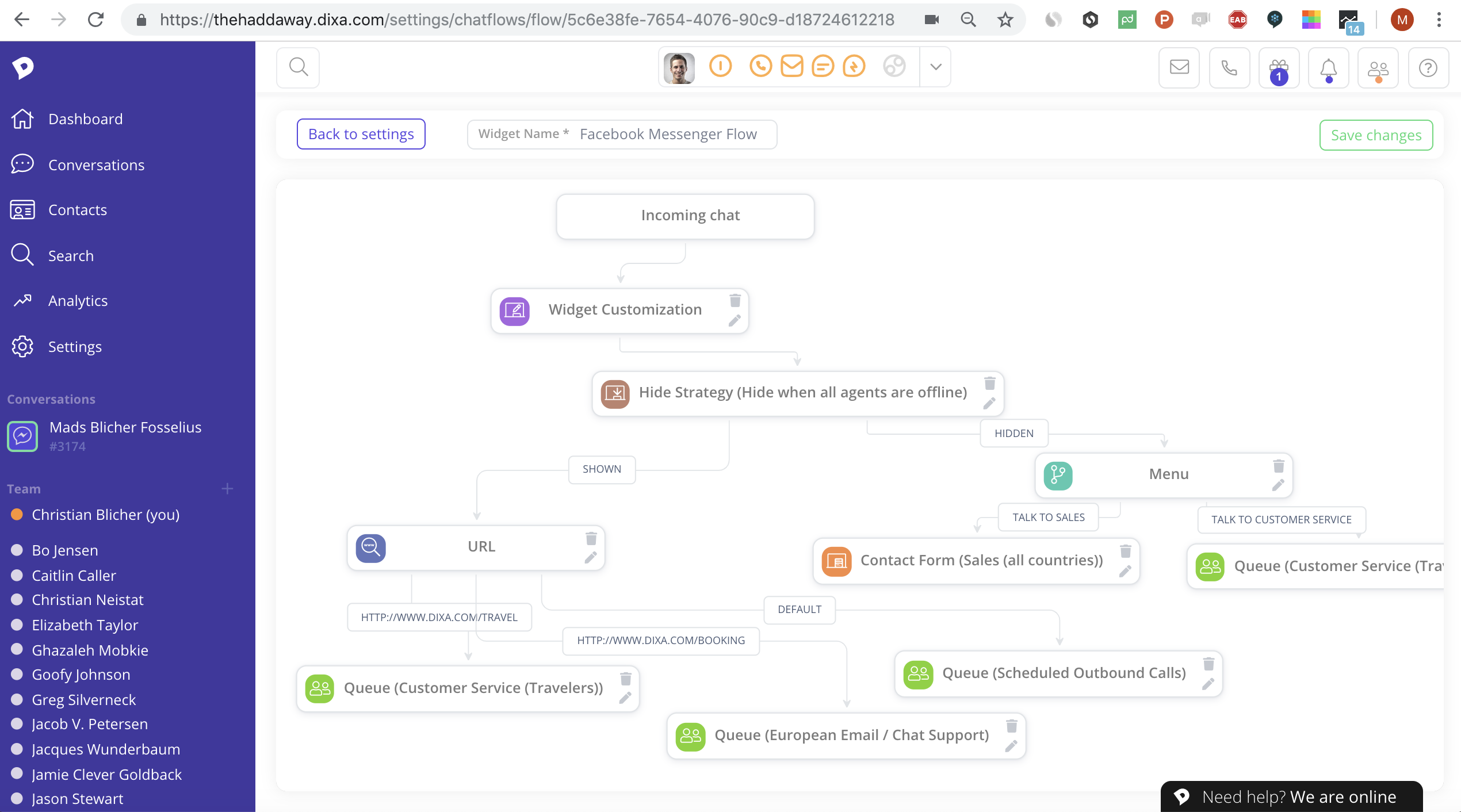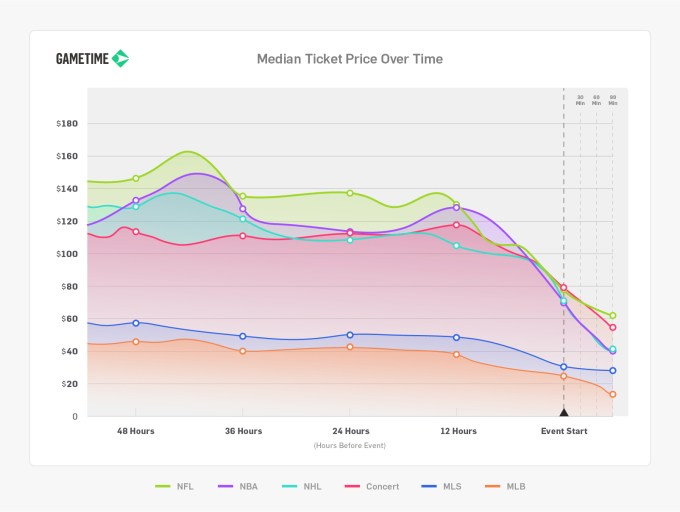Amazon CEO Jeff Bezos says he is being blackmailed with nude selfies by AMI, owner of the National Enquirer and reportedly protector of the president’s reputation, over claims the publisher has acted as a political operative. The events feel almost as if they have been arranged by mysterious forces as a microcosm of the “tech elite vs. the President” narrative.
Bezos, who has been in the news recently owing to a rather dramatic and public divorce, published a post on a fresh Medium instance describing in detail the process by which he has been targeted by AMI.
It began when Bezos commissioned private security provider and investigator Gavin de Becker to look into how the National Enquirer obtained (and published) private texts and images of his, part of which was apparently to look into connections with Saudi Arabia and potential interference with The Washington Post, which Bezos of course owns.
This apparently did not sit well with David Pecker, AMI’s CEO and Chairman:
Several days ago, an AMI leader advised us that Mr. Pecker is ‘apoplectic’ about our investigation. For reasons still to be better understood, the Saudi angle seems to hit a particularly sensitive nerve… They said they had more of my text messages and photos that they would publish if we didn’t stop our investigation.
They wanted Bezos to publicly state that he has “no knowledge or basis for suggesting that AMI’s coverage was politically motivated or influenced by political forces.” This, he writes, is simply not true, and he decided rather to publish the threats in full than to capitulate to the demands.
In emails purportedly from AMI, the publisher details the exact nature of the images they have obtained. Bezos, presumably in order to take away any ammunition they have short of shooting their whole shot, published the list in his post. The images sound suitably personal and they are exactly what you suspect, and include some of the woman with whom he is reportedly involved.
Apparently AMI says the images can and should be published as newsworthy in order to show Amazon shareholders that Bezos has poor judgment. Obviously Bezos disagrees, and he’d rather air his dirty laundry (rather more literally than that is usually meant) than compromise himself and the Post.
In a touching aside, he notes that although the newspaper is “a complexifier” for him, he is completely dedicated to it. “My stewardship of The Post and my support of its mission, which will remain unswerving, is something I will be most proud of when I’m 90 and reviewing my life,” he writes.
Notably Bezos chose not to publish this information with any kind of official connection with The Washington Post (such as a letter from the owner or the like, or with Post lawyers); considering this is more of a personal issue for him and that he is accusing AMI of poor journalistic practices (in fact of masquerading as journalism for nefarious purposes), it is well for him to keep a wide berth from potential accusations that he is abusing the Post in any way.
Some may be wondering: What about these images? How could AMI possibly claim they were obtained lawfully? In the email published by Bezos, they say:
Please be advised that our newsgathering and reporting on matters involving your client, including any use of your client’s “private photographs,” has been, and will continue to be, consistent with applicable laws. As you know, “the fair use of a copyrighted work, including such use by reproduction in copies . . . for purposes such as criticism, comment, news reporting . . . is not an infringement of copyright.” 17 USC Sec. 107.
Whether “fair use” protects them from publishing photos that I can’t imagine could be acquired by anything but illegal means, is a question that may have to be decided in court. On the other hand, AMI and the National Enquirer are surely old hands at this type of thing considering the nature of their business.
This story is developing, and how. Check back for updates.







